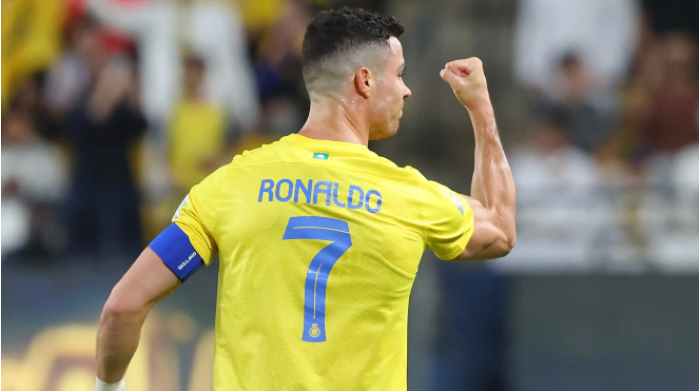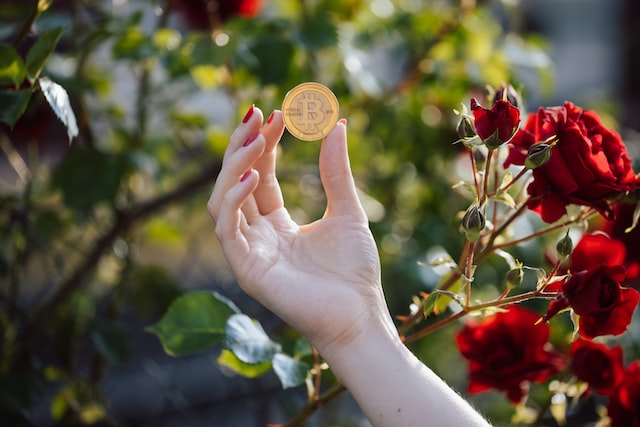Football fanatic or not, you probably would’ve heard the name Cristiano Ronaldo at 1 point or another. With partnerships with brands like Nike, DAZN and UFL under his name, Ronaldo has graced countless billboards, Instagram feeds and marketing campaigns. Despite his success on the field, most of his earnings comes not from his football career, but from how he turned his football status into a personal brand. Ronaldo’s brand, CR7, is valued at $8,000,000, one of the highest in the world. You’ve heard of him, now it’s time to learn from him. Get your branding level to Ronaldo’s.
1. Have a brand story that stands for authenticity and originality
Ronaldo has long been wearing the no. 7. It might as well be patented to his brand. He started wearing the no. 7 when he 1st began at Manchester United as Alex Ferguson’s protégé. He continued to wear it even as he played internationally, and soon 7 became synonymous with Cristiano Ronaldo.
Ronaldo was not the 1st, or only, player to wear the number. Yet 7 remains an incredibly powerful symbol, representing Ronaldo’s skill and success on the field. It elicits images of his signature moments as a footballer, and will continue to do so even after he retires. Its power as a branding tool ultimately rests in its messaging, and is a reason for the rapid growth of CR7. The brand had initially been limited to a line of underwear, but this quickly grew with Ronaldo’s fame and career.
Simplicity is the main ingredient to CR7’s enviable levels of growth. Just like the Nike Swoosh, CR7’s use of iconography is simple and distinct. As such, it immediately brings Ronaldo and his football success to mind. When it comes to creating such a distinct personal brand, the best icons and logos often stem from the perfect balance of distinctiveness and simplicity. It is distinct enough to hook the attention of 1st-time buyers, while simple enough to be subsequently remembered.
2. Market your brand, and consistently
Of course, even with well-thought out iconography, other brands are unable to achieve the same levels of success as Ronaldo. This is largely due to Ronaldo’s consistent image and the result of years of dedication to his personal brand. Even a non-football fan would know that Ronaldo is a football legend, and would probably be the 1st person they name if asked to name a football player. Such level of name-icon recall is what brands–whether personal or commercial–aspire toward.
So what makes him so successful in marketing his brand? First, Ronaldo’s consistency and self-assuredness make his brand one that people can trust. Ronaldo not only believes that his skills are top of the line but also confirms this with his performance on the field. Because of this, people are confident in his work and by extension, in his brand.
Second, Ronaldo is someone who is relatable. He uses his wealth and fame to not only endorse products and build a business but also engages in philanthropy. Beyond that, he shows that he has a life outside the pitch and billboard advertisements. Through social media, he shares with people his family and social life, and this makes him relatable. He is someone to aspire toward, but this aspiration is still attainable, because he has facets of his life similar to his fans.
However, it’s also important to temper this relatability with having a unique edge that is a differentiating factor from other competing brands. Ronaldo’s ability to diversify his endorsements attract a range of interest, and hence continuously build interest in his brand–whether this is from customers or other brands interested in collaboration.
3. Spot opportunities for mutually beneficial branding
Evidently, the support of other companies boost Ronaldo’s brand. However, such collaborations are 2-way. Other brands similarly need Ronaldo’s support for their own success.. Why companies seek Ronaldo’s seal of approval is because his branding consistently affects the preferences of consumers. In 2021, Ronaldo had articles written about him about 60,000 times, accumulating over 21 mil. engagements on social media.
The sheer volume of publicity about Ronaldo makes it incredibly valuable for companies to endorse him. It’s no wonder that Ronaldo is among 1 of the most endorsed athletes. Most notably, he was the 3rd athlete to land a $1 bil. lifetime deal with Nike. Ronaldo’s ability to harness social media has also aided in this. With his 470 mil. followers on Instagram that only continues to grow, campaigns he posts about generate high levels of engagement from his fans. Ronaldo’s leverage over social media is an extension of his branding and his image. Even on his less popular channels, user engagement levels continue to be impressively high. As of 2021, his Facebook page boasted over 293 mil. engagements.
4. But beware that not all publicity is good publicity
In the same vein, Ronaldo can also use his platform to negatively affect companies. Notably, his removal of 2 Coca-Cola bottles from a table at a press conference in 2020 led to 1,000s of articles written. And for Coca-Cola, it resulted in a $4 bil. drop in market value.
Such selectivity in endorsements also contributes to Ronaldo’s overall brand. The strength of his brand is reinforced by collaboration with companies and campaigns that are aligned with his images and values.
It is no wonder that both companies and individuals looking to grow their consumer base and brand identity aspire to reach Ronaldo’s level. While it’s no easy feat, it’s definitely not impossible.
At the end of the day, Ronaldo’s famous CR7 is a result of intentional and consistent messaging strategies. This comes in the form of using distinct yet simple iconography, incorporating values of consistency, relatability and differentiability. And in an age where everyone is online, being able to leverage social media to elevate engagement and interaction is crucial to remain relevant.






